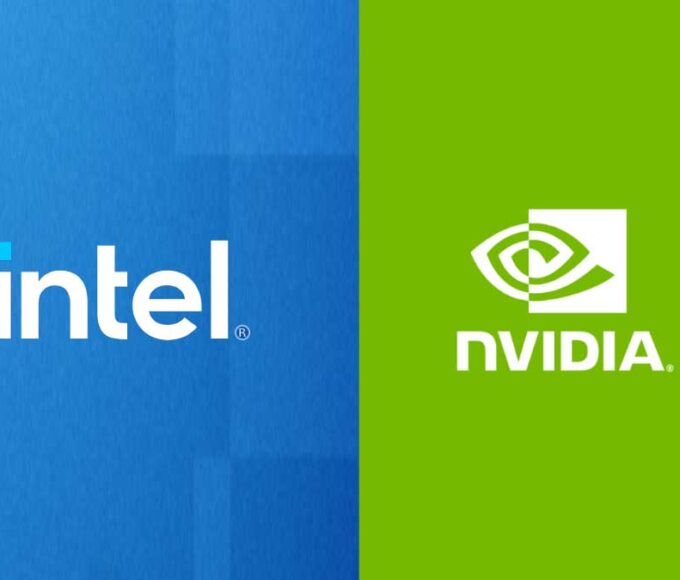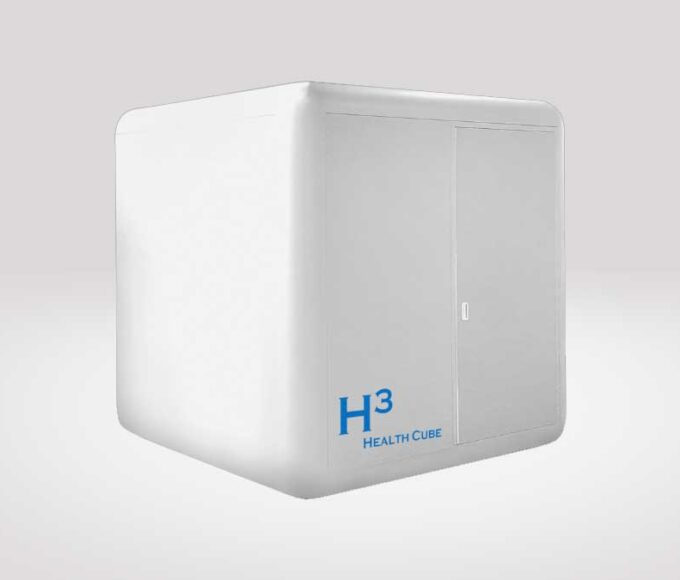- Home
- Billionaires
- Investing Newsletters
- 193CC 1000
- Article Layout 2
- Article Layout 3
- Article Layout 4
- Article Layout 5
- Article Layout 6
- Article Layout 7
- Article Layout 8
- Article Layout 9
- Article Layout 10
- Article Layout 11
- Article Layout 12
- Article Layout 13
- Article Layout 14
- Article Sidebar
- Post Format
- pages
- Archive Layouts
- Post Gallery
- Post Video Background
- Post Review
- Sponsored Post
- Leadership
- Business
- Money
- Small Business
- Innovation
- Shop
Recent Posts
Ozempic and Wegovy: Weight Loss to Heart Health

Drugs such as Ozempic, Wegovy, Mounjaro, and Zepbound, initially developed for weight loss and diabetes management, are now being investigated for their potential to treat a broader array of medical conditions. Emerging research suggests that these medications may offer significant benefits beyond their original indications. They are being studied for their effects on heart disease, liver disease, Parkinson’s disease, sleep apnea, and addiction, which has intensified interest and competition in the pharmaceutical industry. The expanding scope of these drugs’ applications reflects a growing optimism that they might provide novel solutions to several complex health issues.
Ozempic and Wegovy, produced by Novo Nordisk, and Mounjaro and Zepbound, developed by Eli Lilly, are part of a class of drugs known as GLP-1 agonists. These drugs work by mimicking the action of glucagon-like peptide-1 (GLP-1), a hormone that plays a crucial role in regulating blood sugar levels and appetite. Originally approved for the management of type 2 diabetes and obesity, these medications have demonstrated additional benefits as more data becomes available. Novo Nordisk’s Wegovy, which contains semaglutide, has recently received FDA approval to include cardiovascular benefits on its label. This approval is based on evidence showing that semaglutide can reduce the risk of major cardiovascular events such as heart attacks and strokes by 20%, irrespective of the amount of weight lost. This new indication positions Wegovy as a potential tool for broader cardiovascular risk management, and there is anticipation that Zepbound, which also contains semaglutide, will demonstrate similar benefits.
Eli Lilly is actively pursuing an expansion of Zepbound’s indications following a successful late-stage trial that showed the drug significantly improved symptoms of sleep apnea. If granted approval, Zepbound could become the first medication to address the underlying causes of sleep apnea rather than merely alleviating its symptoms, marking a notable advancement in the treatment of this condition.
Beyond cardiovascular and sleep-related applications, GLP-1 drugs are being explored for their potential in treating fatty liver disease, a condition that has long resisted pharmaceutical solutions. With the FDA recently approving the first treatment for this disease, GLP-1 drugs are being investigated for their efficacy in managing this condition. Additionally, these medications are being studied for their potential to treat kidney disease, further expanding their therapeutic potential.
Research is also indicating that GLP-1 medications could have a role in cancer prevention and in addressing various brain disorders. Preliminary studies suggest that these drugs might lower the risk of developing different types of cancers and may have beneficial effects on mood and cognitive function. They could potentially help in managing conditions such as Parkinson’s disease, Alzheimer’s disease, dementia, depression, bipolar disorder, and anxiety. This emerging data suggests that GLP-1 drugs could provide new avenues for treatment in areas that have historically been difficult for pharmaceutical research to penetrate.
Substance use disorders and addiction are another promising area of investigation. There are reports indicating that people taking GLP-1 drugs experience reduced cravings, but the mechanisms behind this effect are still being studied. Researchers are exploring how these medications might interact with brain areas and nervous system pathways involved in addiction, potentially influencing the production or response to GLP-1 hormone.
Despite the promising potential of these drugs, new side effects may become apparent once they are used more widely. Clinical trials, while rigorous, may not always capture all possible adverse effects that could emerge once the drugs are on the market. For widely used medications like semaglutide and tirzepatide, real-world data is crucial for identifying any additional risks. Recent investigations have raised concerns about potential mental health issues, including increased suicidal thoughts, but regulatory reviews by agencies such as the FDA and the European Medicines Agency have found these links to be unsubstantiated.
Other studies have suggested possible risks associated with GLP-1 drugs, such as reduced bone density and an increased risk of a rare form of blindness. Novo Nordisk has criticized these findings, arguing that the studies lack sufficient evidence to establish a definitive connection. Additionally, there is ongoing debate about whether GLP-1 drugs might increase the risk of certain cancers, particularly thyroid cancers, although this issue remains unresolved.
The market for weight loss drugs is projected to reach $100 billion by 2030, with some analysts suggesting even higher potential values. Novo Nordisk and Eli Lilly have already generated substantial revenue from these drugs, significantly enhancing their financial positions despite ongoing supply shortages.
Currently, Novo Nordisk and Eli Lilly dominate the GLP-1 market, particularly in the obesity treatment sector. According to Citi analyst Peter Verdult, the extensive data these companies have gathered on semaglutide and tirzepatide will help them maintain their leading positions and fend off new competitors. The recent addition of cardiovascular benefits to Wegovy’s label sets a high standard for new entrants, highlighting that enhancing weight loss alone is no longer sufficient to compete in this market.
Novo Nordisk is also conducting two major clinical trials, Evoke and Evoke Plus, to evaluate the impact of semaglutide on early Alzheimer’s disease. These trials involve over 1,800 participants and will span three years, with results anticipated around mid-2026. As research progresses, the potential uses for GLP-1 drugs are expanding, promising significant advancements in various medical fields while necessitating continued scrutiny of their safety and efficacy.
Recent Posts
Categories
- 193cc Digital Assets2
- 5G1
- Aerospace & Defense46
- AI37
- Arts3
- Banking & Insurance11
- Big Data3
- Billionaires446
- Boats & Planes1
- Business328
- Careers13
- Cars & Bikes76
- CEO Network1
- CFO Network17
- CHRO Network1
- CIO Network1
- Cloud10
- CMO Network18
- Commercial Real Estate7
- Consultant1
- Consumer Tech180
- CxO1
- Cybersecurity68
- Dining1
- Diversity, Equity & Inclusion4
- Education7
- Energy8
- Enterprise Tech29
- Events11
- Fintech1
- Food & Drink2
- Franchises1
- Freelance1
- Future Of Work2
- Games141
- GIG1
- Healthcare78
- Hollywood & Entertainment186
- Houses1
- Innovation42
- Investing2
- Investing Newsletters4
- Leadership65
- Lifestyle11
- Manufacturing1
- Markets20
- Media193
- Mobile phone1
- Money13
- Personal Finance2
- Policy567
- Real Estate1
- Research6
- Retail1
- Retirement1
- Small Business1
- SportsMoney33
- Style & Beauty1
- Success Income1
- Taxes2
- Travel10
- Uncategorized8
- Vices1
- Watches & Jewelry2
- world's billionaires415
Related Articles
What Healthcare Can Learn from Nvidia’s Success
The tech industry is undergoing a seismic transformation, with two of its...
By 193cc Agency CouncilDecember 16, 2024Salmonella Triggers Recalls of Costco Eggs and Cucumbers
The recent salmonella outbreak has prompted the recall of two major food...
By 193cc Agency CouncilNovember 30, 2024Bird Flu Found in Raw Milk in California, Recall Issued
California health authorities have confirmed the presence of the bird flu virus...
By 193cc Agency CouncilNovember 25, 2024UniDoc Health Launches Mobile ‘Health Cube’ for Remote Care
UniDoc Health, a Vancouver-based company, is revolutionizing healthcare accessibility with the launch...
By 193cc Agency CouncilNovember 23, 2024















Leave a comment